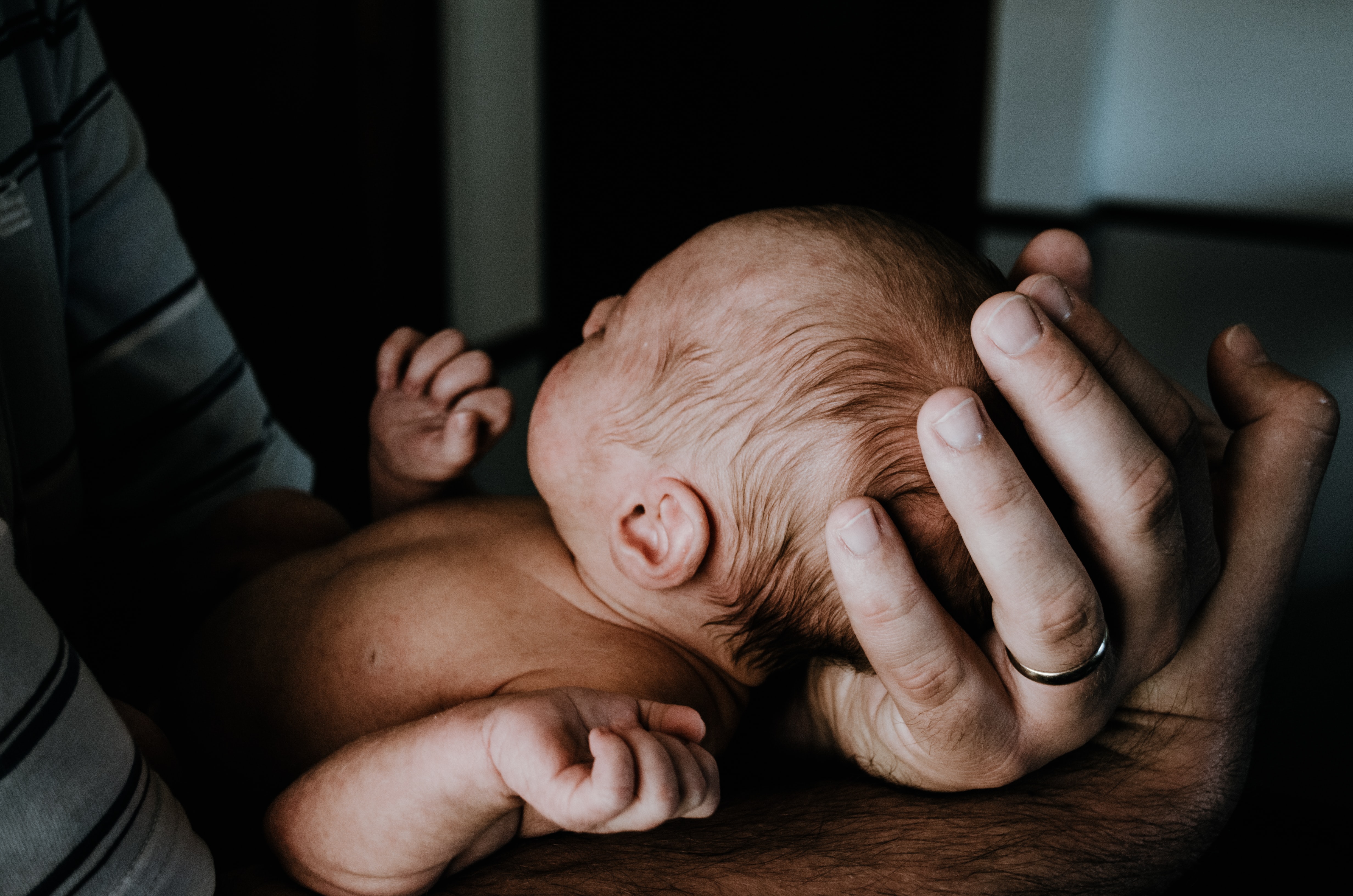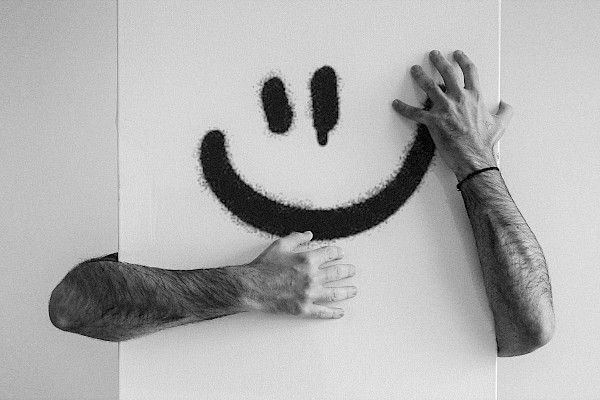New parents
Your own family is something beautiful and many people long desperately to start their own. Do you share this desire? Or do you already have children? Or would you prefer not to have children?
The desire for children varies, and so does the way people approach planning their families. During pregnancy, many parents-to-be prepare themselves for the coming birth, but they don’t give so much thought to the time after the birth. So what can go wrong once a healthy baby has been born? Despite the many wonderful, unique and beautiful moments, the time directly after the birth can also be extremely stressful and chaotic, and some new parents are sometimes brought to the point of despair as a result. That is exactly why it is worth preparing not just for the birth itself but also for the time afterwards.
Challenges after the birth?
The birth of a child, and particularly the first child, will change many things. Life as the parents know it will be turned upside down, in a very short space of time. In the first few weeks, the new-born will completely engross both parents, who will have hardly any time left over for themselves or each other. Consequently, new parents face several new challenges. What role do I play in the family? What are my tasks? How can I meet my new expectations and what do I even expect? You will need time to find your feet in your new roles and to get to know yourselves and each other within them. Young parents frequently feel insecure in their current situation, and about the changes to the daily routine and their own roles. The insecurity is also frequently accompanied by huge loss of sleep. Relaxation time is urgently needed, but there is never enough of it. In addition, your expectations of yourself and/or your partner can be very high. You always think that you absolutely must do everything right the first time. As you can imagine, this can result in great tension and lots of stress. To make things worse, the people around you sometimes give you unasked-for advice and know a lot better. While their intentions are doubtless good, the parents frequently find it unhelpful.
«Parents should be a beacon for their children, but not perfect and flawless. »
- Jesper Juul -
New parents are often reluctant to talk about the challenges they face after the birth, or about feeling overwhelmed. This subject seems to be absolutely taboo in our society. Feeling that others don’t understand you and that you are all alone in your situation can trigger huge feelings of helplessness. It’s worth trying to counteract this by talking about it and getting professional help if necessary. At the end of this article you will find information about some great counselling and support services.
What happens to the couple’s relationship after the birth?
The new situation with the many challenges it entails can trigger crises in the parents’ relationship. The relationship may possibly be put to the test again and again. Some studies show that satisfaction with the relationship can drop for a few weeks or even months after the birth. This should be taken seriously, because it could happen to any couple and affects both the parents’ health and the child’s wellbeing.
Many parents only want the best for their newborn child and focus all their energy on the baby. In doing so, they forget that a good relationship is just as important for the child. That’s why it is extremely important that mothers and fathers realise that they are not just parents, they are a couple.
What can I do for my relationship?
What did you and your partner do together before the birth? What interests did you have in common? What did you enjoy? Try to make time for yourselves despite the baby – it doesn’t have to be huge amounts of time. For example, make a point of taking a few minutes for each other every day. Talk about things and listen to each other. When the baby is asleep, use the time not just for housework or other things on your to-do list, but also for a moment of togetherness. If the idea of spending some time together every day doesn’t work for you, then what about a weekly date night? Eat dinner together, go to the cinema, go for a walk... And to make this possible, you can accept help from the people around you every now and then. Express your needs. Occasionally making time for yourselves as a couple does not make you bad parents.
And don’t forget to make a bit of time for yourself sometimes too. You always need to take care of your relationship with yourself. And give yourself and your partner enough time to get used to your new life as a family and find your own way.
Where can I find information, help and support?
- Punkto Mütter- und Väterberatung (counselling for mothers and fathers) in Zug Canton
- Advice brochures for parents (Pro Juventute; in German)
- Pro Juventute Advice for Parents 24/7
- Information sheet: tips for parents-to-be - tips for parents with babies
- Paarberatung (couples counselling) Triangel Beratung Zug
You can find lots of information about wanting a child, pregnancy, birth, and baby & child on Swissmom.
References
Gingras, A. S., Lessard, I., Mallette, F., Brassard, A., Bernier‐Jarry, A., Gosselin, P., & de Pierrepont, C. (2020). Couple adaptation to the birth of a child: the roles of attachment and perfectionism. Journal of Marital and Family Therapy, 47(3), 581-594. https://doi.org/10.1111/jmft.12453
Mitnick, D. M., Heyman, R. E., & Smith Slep, A. M. (2009). Changes in relationship satisfaction across the transition to parenthood: a meta-analysis. Journal of Family Psychology, 23(6), 848-852. https://doi.org/10.1037/a0017004
Swissmom. (n.d.). Vater und Mutter sind immer noch ein Paar. https://www.swissmom.ch/de/wochenbett/neue-beziehungen-in-der-familie/vater-und-mutter-sind-immer-noch-ein-paar-10110
 subscribe to newsletter
subscribe to newsletter


